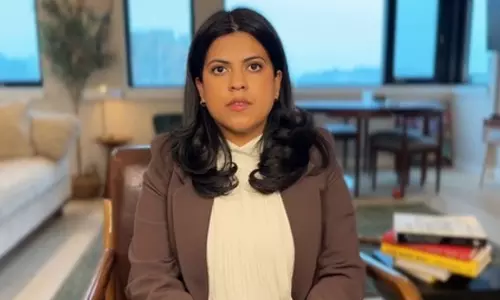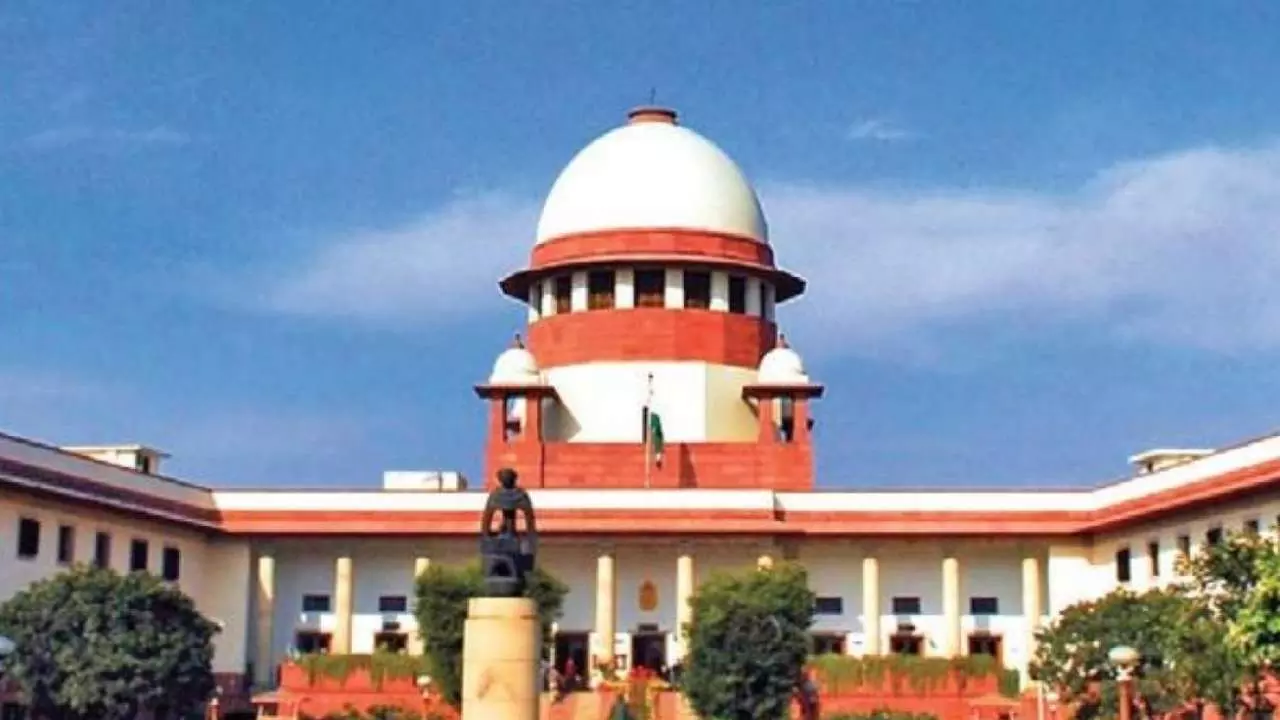
SC agrees to hear PIL seeking speedy disposal of lawmakers' cases after April 15
text_fieldsNew Delhi: The Supreme Court of India on Friday has agreed to hear public interest litigation (PIL), seeking speedy trials on criminal cases by lawmakers and investigations by probe agencies, after April 15, The Indian Express reported.
Senior advocate and amicus curiae Vijay Hansaria has asked the bench of Chief Justice of India (CJI) NV Ramana that the plea needed urgent hearing since around 2000 criminal cases on legislators are pending for trial, despite the SC's various directions, for the last five years.
The bench, comprising justices Krishna Murari and Hima Kohli along with the CJI, said that when the cases reach Supreme Court, they become urgent, unlike when they are in lower courts. At the moment, there is the issue of the availability of judges since SC cannot disturb ongoing benches to constitute a special bench to hear the PIL in question. However, the court suggested that it can allow interim applications of some high courts for the transfer of some special judges conducting trials on legislators.
Hansaria said that a detailed 16th report on the pendency of trials against lawmakers in the country suggests that 4,984 cases are pending against Members of Parliament and Members of Legislative Assembly/Council, out of which 1,899 cases are more than five years old. The number of cases pending as of December 2018 was 4,110 and reached 4,859 in October 2020.
The report said that the number of people with criminal antecedents occupying the lawmaker's seat was rapidly increasing and suggested urgent steps towards speedy disposal of pending criminal cases must be taken.
Hansaria further said that high courts had filed status reports which state that special courts were constituted in some states and in some, respective courts in the jurisdiction dealt with these cases after the directions passed by the SC from time to time.






















